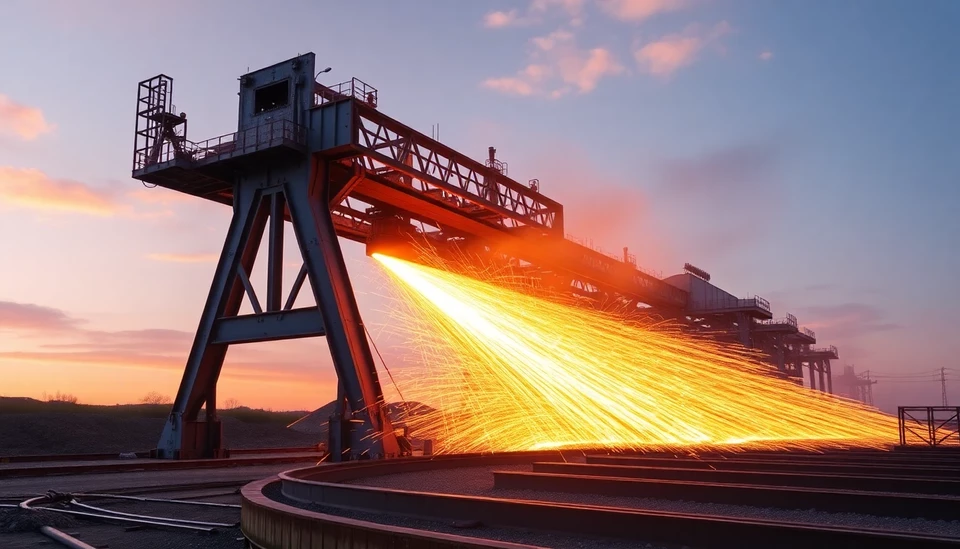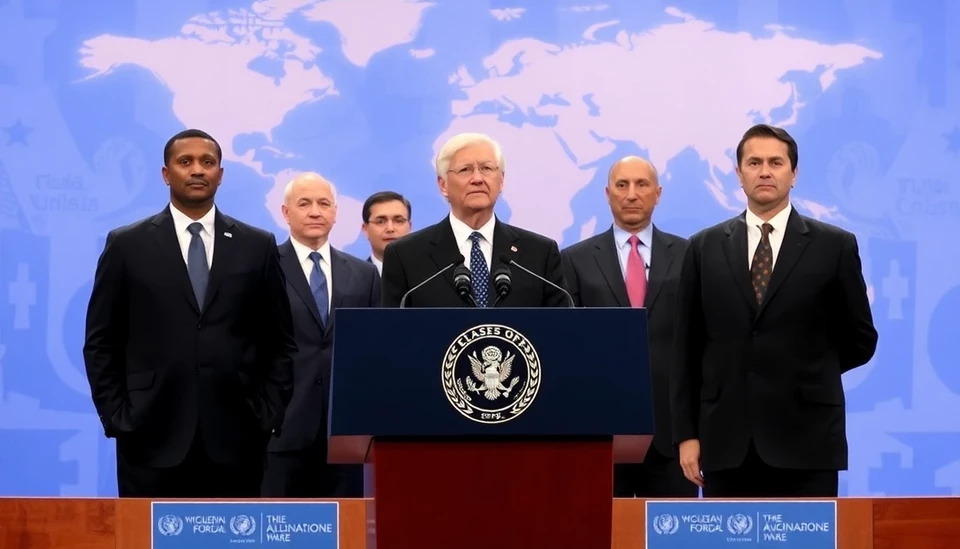
In a groundbreaking effort to reconcile its position as the world's foremost oil producer with global climate goals, the United States is taking proactive steps to lead in climate action. The initiative comes amidst increasing pressure from both international and domestic fronts to address the challenges posed by climate change while maintaining economic growth derived from fossil fuel production.
This dual focus on energy production and environmental responsibility is encapsulated in recent federal strategies aimed at reshaping how the oil industry approaches sustainability. As the Biden administration intensifies its climate agenda, it aims to demonstrate that lucrative oil production does not have to come at the expense of ecological integrity. The administration's commitment to ambitious emissions reduction targets underscores the belief that significant advancements can be made in oil extraction while simultaneously mitigating environmental impacts.
Key to this initiative is an investment in new technologies that enable cleaner extraction and production processes. Innovations are being developed to minimize methane emissions, a greenhouse gas considerably more potent than carbon dioxide. These efforts are designed to bolster the oil sector's sustainability credentials and make the U.S. a champion of climate-focused industry practices.
Moreover, major oil companies are beginning to face increasing accountability regarding their environmental practices. As public sentiment shifts toward more sustainable practices, investors are launching demands for transparency in energy transition strategies, compelling firms to adopt and report on sustainable practices. The challenge remains for these companies to balance immediate profit motives with long-term environmental stewardship, and adapt to an evolving market that increasingly favors renewable energy solutions.
This shift presents an opportunity for the United States to not only lead in oil production but also become a pioneer in implementing climate change initiatives within the fossil fuel industry. The concept has garnered both skepticism and optimism; some stakeholders argue that the push for greener practices may not yield the necessary changes quickly enough to offset environmental damage, while others see a path forward where oil production becomes compatible with climate action.
To further this transformative agenda, collaboration between government entities, corporate leaders, and environmental organizations will be essential. By fostering open dialogue and partnerships, a comprehensive framework can emerge that promotes a cleaner energy future while ensuring the economic viability of the U.S. oil sector. The success of this initiative could serve as a blueprint for other oil-producing nations grappling with their own environmental concerns.
As the conversation around energy production evolves, the sense of urgency continues to escalate, especially with the looming threat of climate change. The U.S. stands at a crossroads, with the potential to redefine its industrial legacy. While the path forward is fraught with challenges, the commitment to leading on climate action while remaining the top oil producer may just pave the way for a more sustainable future.
#ClimateAction #OilIndustry #Sustainability #USOilProduction #RenewableEnergy #ClimateChange #CleanEnergy
Author: Peter Collins




